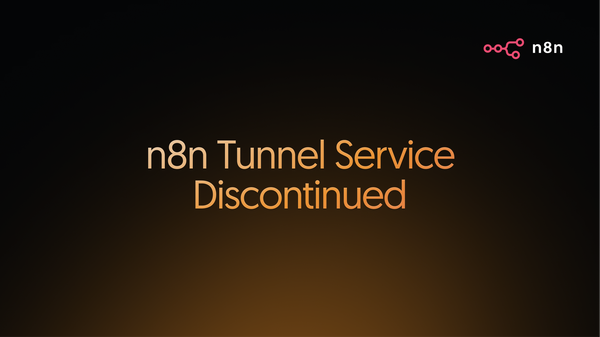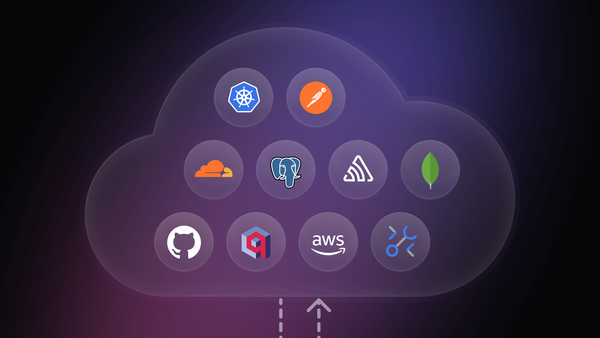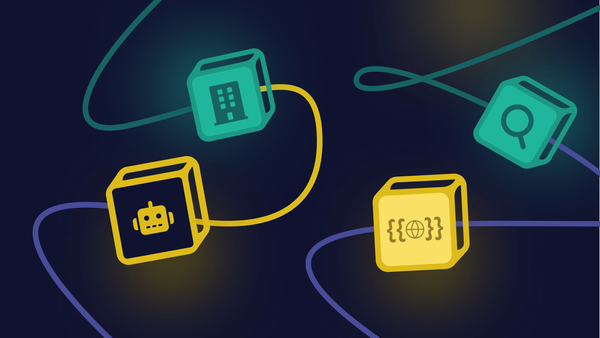Maxime Jumelle is the co-founder and CTO of Blent.ai. The company has been successfully using n8n workflows to increase customer engagement and improve customer experience. In this interview, Maxime shares with us the tasks that he and his team automate.
Can you tell me a bit about yourself?
Hi, I am Maxime, co-founder and CTO of Blent.ai and former Data Scientist. At Blent, we provide online training in Data Science and Data Engineering. We are 100% committed to propose a fully configured development environment for our customers.
What made you decide that n8n would be the most suitable tool for you?
So far, we have used Zapier. It’s a very good tool that has a lot of integrated apps. However, the workflows were too “simple” in our opinion, and some actions were not automatically triggered. As both our engineering and marketing teams are using it, I was looking for a powerful yet simple-to-use tool. After a bit of research, I discovered n8n, which perfectly fulfilled our needs.
What kind of workflows are you building with n8n?
We currently have two types of workflows:
- Customer engagement, which sends emails and pushes content to warm leads.
- Customer experience, so that we can automatically release new courses depending on their progression.
Which integrations have you been using the most?
As our infrastructure is mainly on AWS, we mostly use AWS integrated nodes. But we also have several nodes for Stripe and Google since we are using G-Suite.
What’s the most useful feature of n8n for you?
As a developer, the most useful feature for me is the workflows’ structure. The fact that you can create conditional paths with loops is essential when it comes to creating complex workflows.
Have you automated things with n8n for personal use as well?
Not at the moment. However, since I love Arduino and Raspberry, I am tempted to integrate n8n in my IoT projects.
What advice do you have for people looking to incorporate n8n in their teams or projects?
My advice is that it requires low effort in terms of configuration, and the time saved worth it. In my opinion, the best option is to install n8n first locally, explore its capabilities, and then deploy on a remote server where multiple users can create and share their workflows.
How do you envision using n8n in the near future?
As our team grows, I will invite all my future colleagues to learn and use n8n, so they don’t lose time on tasks that can be automated.
What’s a feature that you are looking forward to or would love to see in n8n?
An interesting feature would be subflows, which are a sub-part of the workflow which you can wrap into a single group and insert in any workflows, triggering it as a single node.
n8n users come from a wide range of backgrounds, experience levels, and interests. We have been looking to highlight different users and their projects in our blog posts. If you’re working with n8n and would like to inspire the community, email Lorena to tell your story 💌




